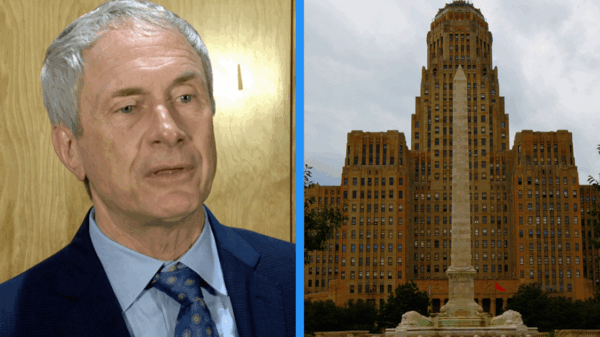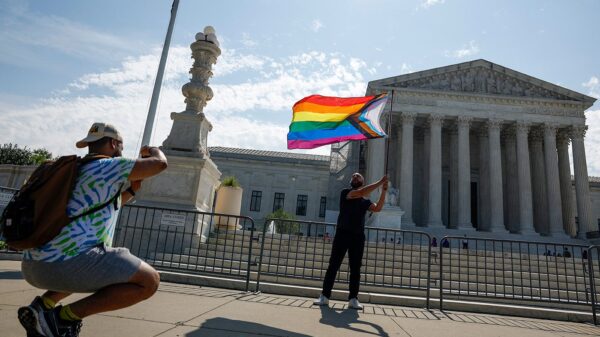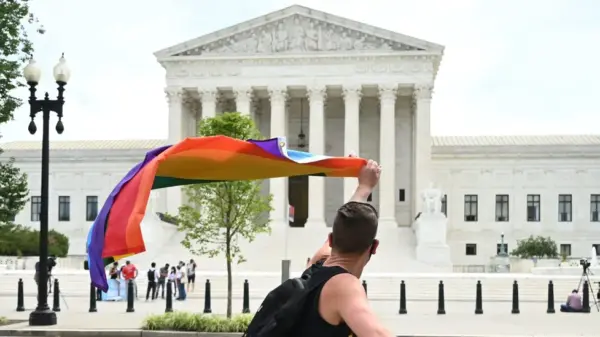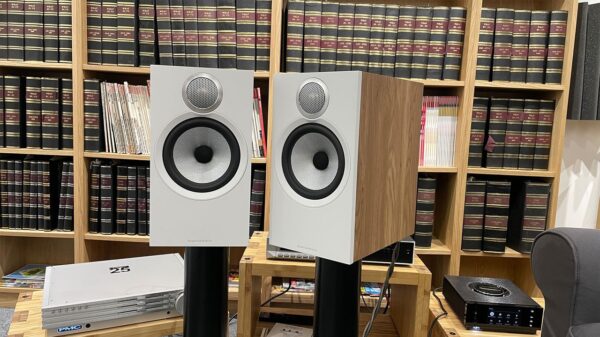New York Attorney General Letitia James filed a motion on November 7, 2023, requesting a federal judge in Virginia to dismiss mortgage fraud charges against her. James contends that the case stems from selective prosecution related to her civil actions against former President Donald Trump. She entered not-guilty pleas to the charges in Norfolk, Virginia, on October 24, 2023, and faces a trial scheduled for January 26, 2026.
James is accused of one count of bank fraud and one count of making false statements to a financial institution. The allegations assert that she misrepresented the use of a property she purchased in Norfolk, claiming it would serve as a secondary residence. The U.S. Department of Justice alleges that she instead rented it out to a family of three. This designation reportedly allowed James to save nearly $19,000 in interest and tax credits.
If found guilty, James could face a maximum sentence of 30 years in prison and fines of up to $1 million for each count. James, who was elected in 2018 with a promise to investigate Trump, previously filed a lawsuit against him in September 2022. This lawsuit claimed that Trump had inflated the value of his real estate holdings by billions of dollars.
In her motion, James argues that the federal indictment is a product of vindictive and selective prosecution, violating her rights under the Fifth Amendment. She claims the charges are politically motivated, linked to her vocal criticism of Trump and her role as New York Attorney General. The motion states, “The indictment is the product of vindictive and selective prosecution, in violation of the Fifth Amendment. Because this prosecution is flagrantly unconstitutional, this Court should dismiss the indictment with prejudice.” A dismissal with prejudice would prevent the government from refiling the case.
James emphasizes that her legal actions against Trump, along with her outspoken stance, have subjected her to targeted attacks over the past six years. The motion alleges that Trump and his supporters have used derogatory language against her, calling for criminal penalties in retaliation for her fulfilling her duties as Attorney General. It also claims that Trump, upon returning to the presidency, directed his Justice Department to pursue charges against her, despite federal officials reportedly being unable to substantiate a criminal charge.
The motion outlines a series of events leading to the current situation, including Trump’s decision to replace the interim U.S. attorney with Lindsey Halligan. James alleges that Halligan’s appointment was unlawful, stating that she lacked the authority to present the case to the grand jury or sign the indictment. James filed a separate motion on October 24, 2023, to dismiss the indictment based on Halligan’s purported lack of legal standing.
As the case unfolds, James is adamant about her position, asserting that the charges against her are an overreach motivated by political animosity. The impact of this case extends beyond personal repercussions, touching on broader themes of political accountability and the integrity of prosecutorial processes.
The U.S. Department of Justice has not yet responded to requests for comment regarding James’s motions. As the trial date approaches, the case is likely to attract significant attention, both for its implications for James personally and for its potential ramifications in the political landscape.





































































